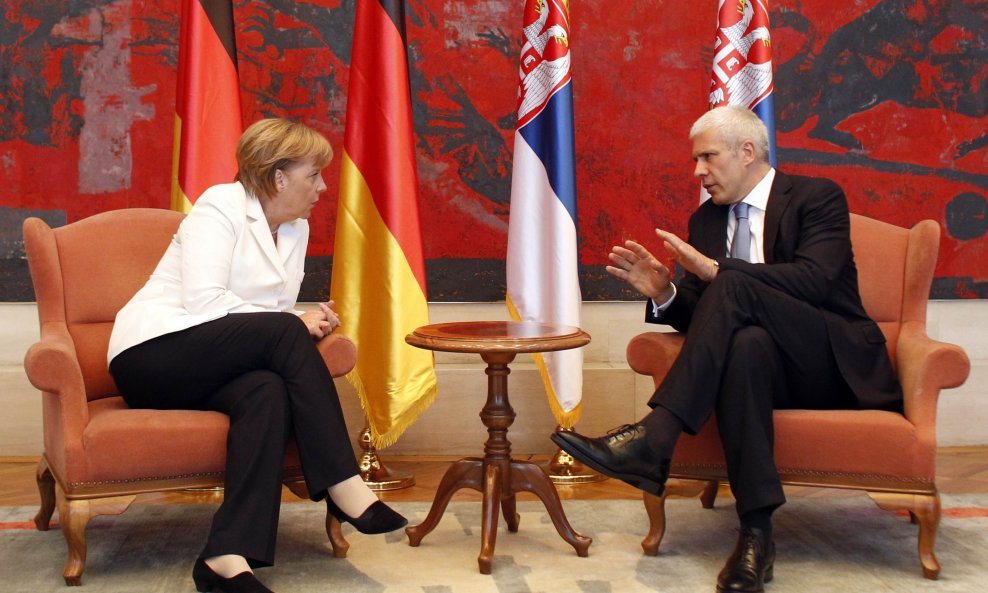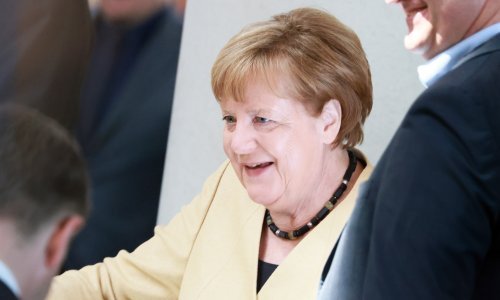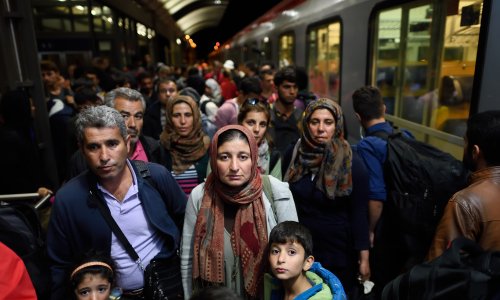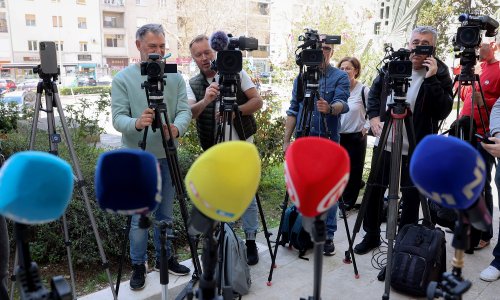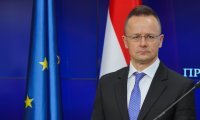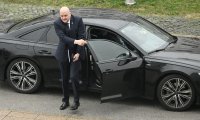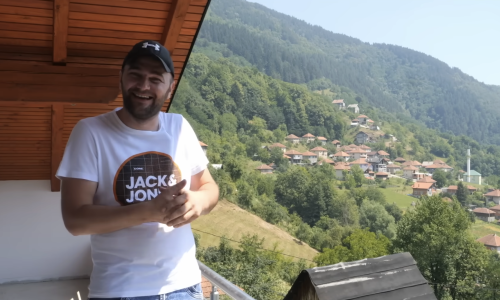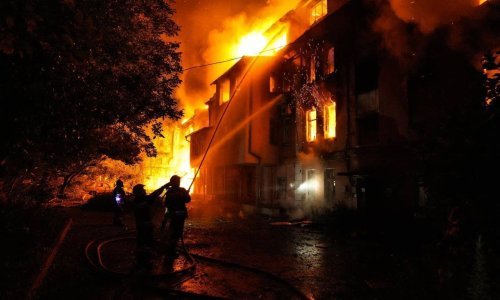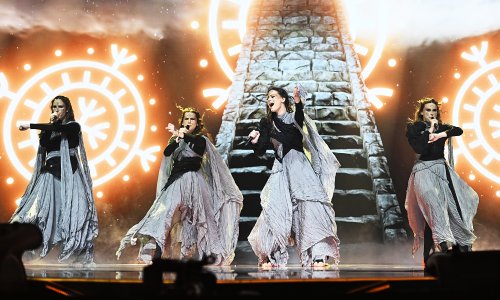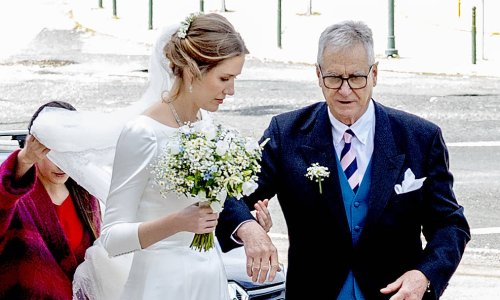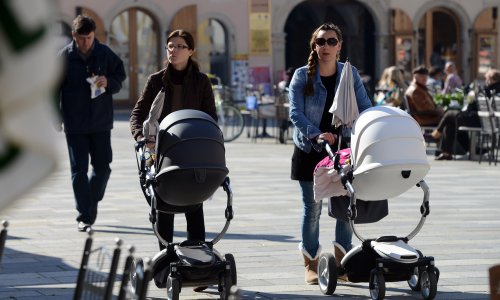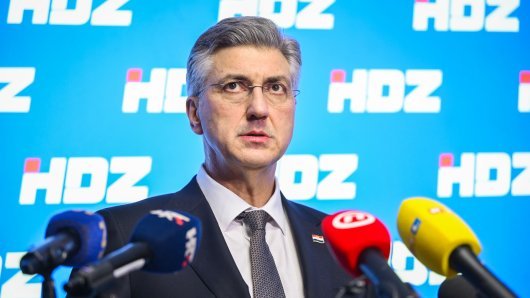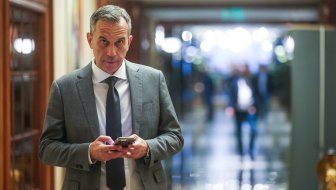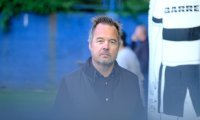The visiting German Chancellor, Angela Merkel, said in Belgrade on Tuesday that Germany wanted Serbia to be in the European Union and that it also expected Serbia to make progress in dialogue with Kosovo.
My message here in Belgrade is that we want Serbia in the EU. We firmly believe that Serbia has its place in the bloc and we believe that a peaceful joint life in Europe is only possible when all countries of the Western Balkans become EU members, Merkel said at a news conference after her talks with Serbian President Boris Tadic.
Recalling that residents in EU aspirants sometimes raise the question about whether the Union really wants new members or only sets new obstacles, Merkel said that therefore Croatia's success on the road towards the EU membership was important, as it proved that the EU wanted every individual country.
Reiterating that the accession to the EU depends on progress every aspirants makes according to the accession negotiations criteria, Merkel said she saw there good chances for Serbia.
My message to Serbian citizens is that we do not intend to arouse false expectations, but that Serbia's membership is in the interest of the EU, the German chancellor said.
If Serbia would like to win the status of EU candidate, it should renew dialogue with Kosovo, achieve results in that dialogue and enable the EU-led Eulex mission to operate in all parts of Kosovo as well as help remove parallel structures, according to Merkel.
Germany has recognised Kosovo. Serbia has not. This is a situation in which we must make progress. Next steps should be in dialogue, the normal functioning of Eulex and removal of parallel structures in northern Kosovo, Merkel said adding that Europe was the right solution and that the acceptance of the Schengen Agreement would lead to the annulment of state borders.
Merkel warned against unilateral moves, adding that dialogue should be held in order to lessen a danger of making unilateral moves.
We want results during that dialogue. The summer has not been excellent and there have been some things which we had regarded to be overcome, she said alluding to recent clashes at border crossings between Kosovo and Serbia.
Tadic said that Serbia requested its European partners to treat it the same way as other countries.
Serbia wants to solve conflicts in the region through dialogue, he said.
We would like to resume dialogue about Kosovo, Serbia wants a solution, it does not want to freeze the conflict, Tadic said.
He said Serbia believed that it had met the criteria for being granted the status of the EU candidate or that it would fulfill the remaining criteria in the coming weeks.
We also want to be given a date for the beginning of the accession talks as this would mean that there would be no revision of the European political process in Serbia, Tadic said.
He accused Pristina of pursuing a more than evident strategy through unilateral moves to change the situation on the ground.
Serbia expects the EU to send to the Albanian leadership in Pristina a completely clearly stand on the matter.
As for the Serbian-German economic relations, Tadic expressed satisfaction with the amount of German investments in the Serbian economy, with Merkel supporting German companies' investments in Serbia.
Before the talks with Tadic, Merkel met with Ruzica Djindjic, the widow of the assassinated Serbian Prime Minister Zoran Djindjic.



